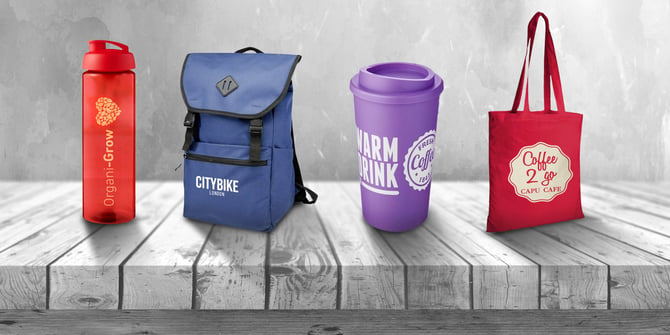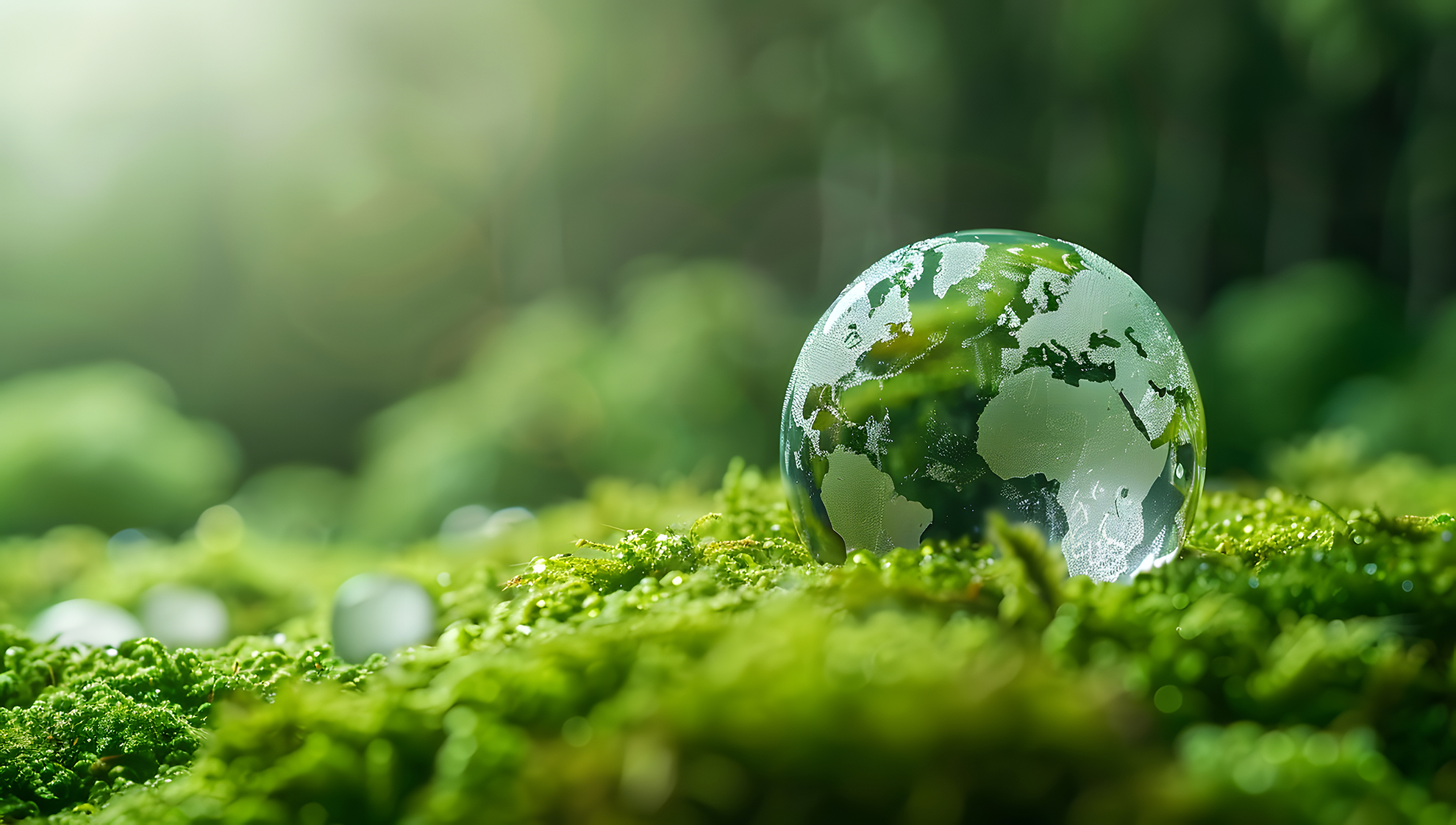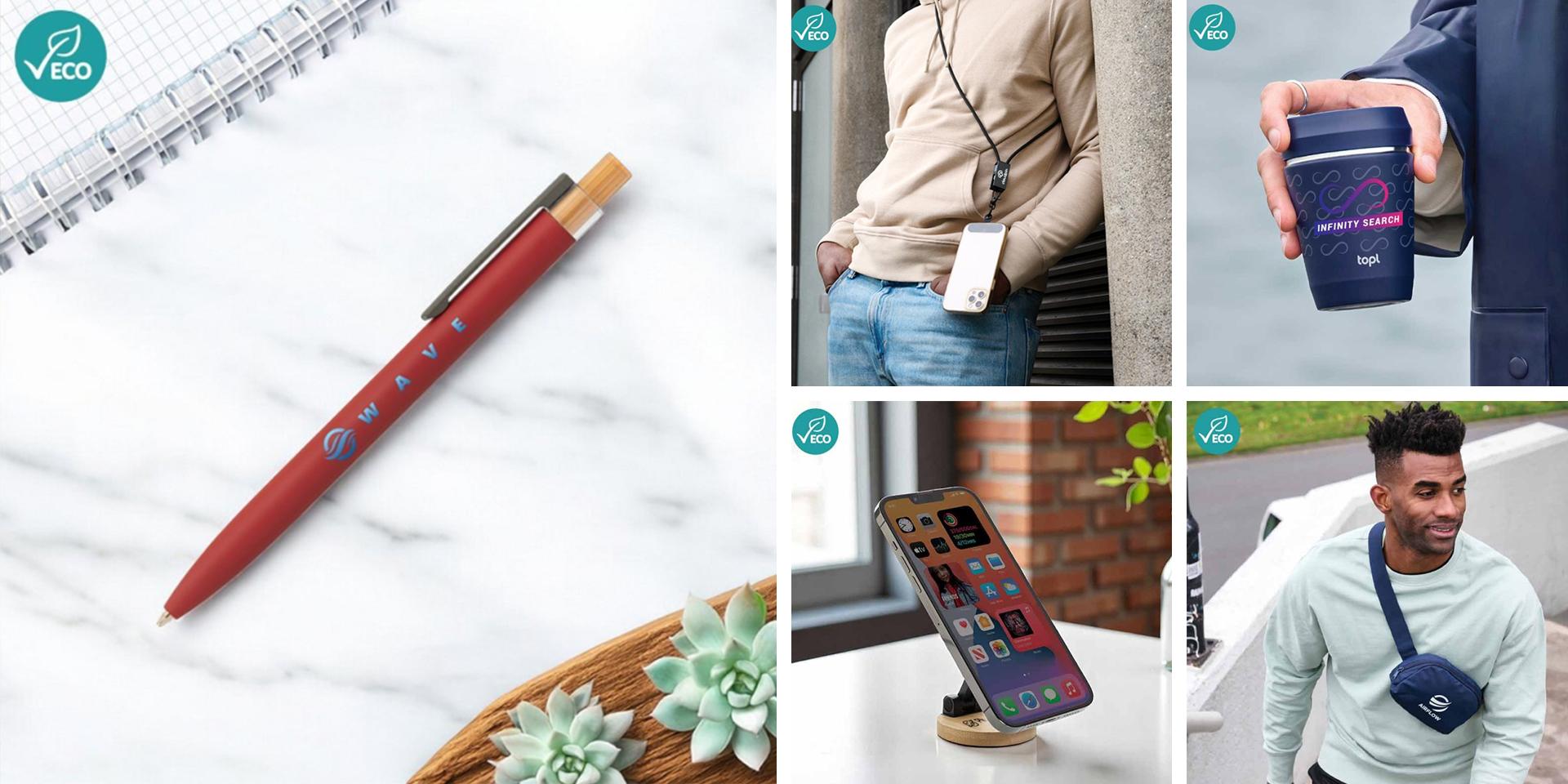What You Buy Can Change The World -
Let Us Guide You
We all can positively impact the world by adapting how we choose our products. We’ve been working closely with our supplier PF Concept to implement their transparent process to help our customers quickly compare products and help you select more sustainable products.
Introducing Green Points
You will notice that some of our products now have ‘green points’. This is a clear indicator to help customers assess the sustainability of products and has proven to be a valuable resource to guide informed choices.
What Makes One Product More Sustainable Than The Other?
Assessing sustainability involves considering various factors, and 8 elements have been outlined that help you to determine the sustainable level of products. Each element has a weighted score to determine its overall sustainable level.
The total score is translated into Green Points. You can view all our green point rated products below.
The 8 Elements of a Sustainable Product
Material (>50% of Product)
Based on impact data and principles from Life Cycle Assessment (LCA), we have identified 4 material classes. Unsustainable materials, like virgin plastics, are listed in category 4. Materials like recycled cotton or plastic are listed in category 1
Max 21 Points
Country of Origin
Where has the product been produced? We use the EPI score as a leading benchmark. The Environmental Performance Index (EPI) is a method of quantifying and numerically marking the environmental performance of a country.
Max 7 Points
Social Certifications
Has the factory where the products are produced been audited by a 3rd party in addition to Polyconcept's own internal audits? This can be BSCI, SMETA, SA8000, WRAP, Bcorp, FWF, Fairtrade etc. A higher audit score will give a higher score in the impact tool.
Max 14 Points
Packaging (>50% of Packaging)
The key objective is to remove virgin plastics and PVC from all packaging. To use FSC-certified cardboard and recycled plastic polybags. The same material classification as with materials is used.
Max 14 points
Recyclability (European Recycling Facilities)
Can the product be recycled in readily available recycling bins or drop-off points? Is the product mono-material (made of 1 single material)? Is the product circular with take back systems in place?
Max 14 points
Environmental Certifications
Does the product have certifications like: Oeko-Tex®, BCI®, BlueSign®, GRS®, GOTS®, FSC®, etc. The more strict the certification, the higher the score.
Max 7 points
Sustainable Branding
The branding is an essential part of a promotional product. Products are scored when branded with certified inks (like Eco passport by Oeko-Tex®) or certified branding processes and techniques (Like GOTS® or GRS®).
Max 7 points
Transparent Supply Chains
Transparency of the supply chain is a key priority. Do we know the factory the product is made in? Do we have insight into the raw material supply chain? Is the supply chain certified (GOTS, GRS, FSC etc)?
Max 14 points
Know, Grow and Show
The green points system is an excellent initiative and one our customers can use to communicate when using promotional products from events, giveaways or employees to indicate your positive impact in offering more sustainable products.
Each product is assigned green points based on their sustainable attributes – clearly indicating their sustainability level. This system helps to track the progress of your sustainable offering over time. It allows us to see year-to-year improvements so we can map the positive impact by offering more sustainable products.
The green points help make informed choices, support sustainability targets, and contribute to a more environmentally and socially responsible business model.
Don't worry; we get it - it can still be a minefield out there. Our experienced sales team are always on hand to discuss our green points further and help you decide. Feel free to give us a call or request a call back below.







SUBMIT YOUR COMMENT